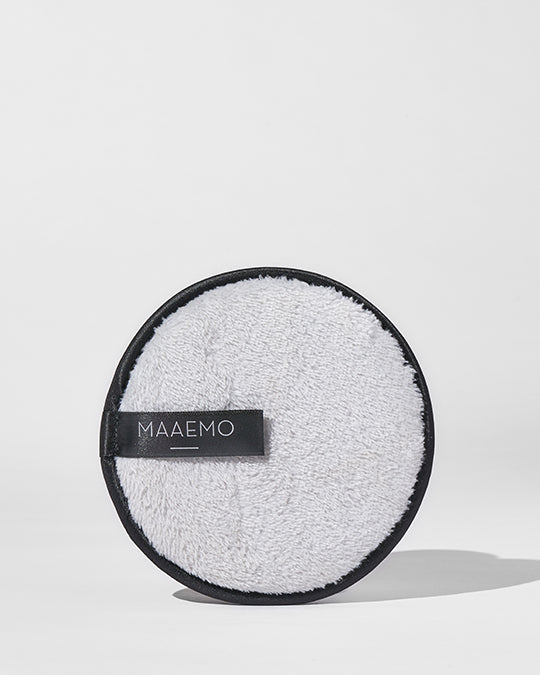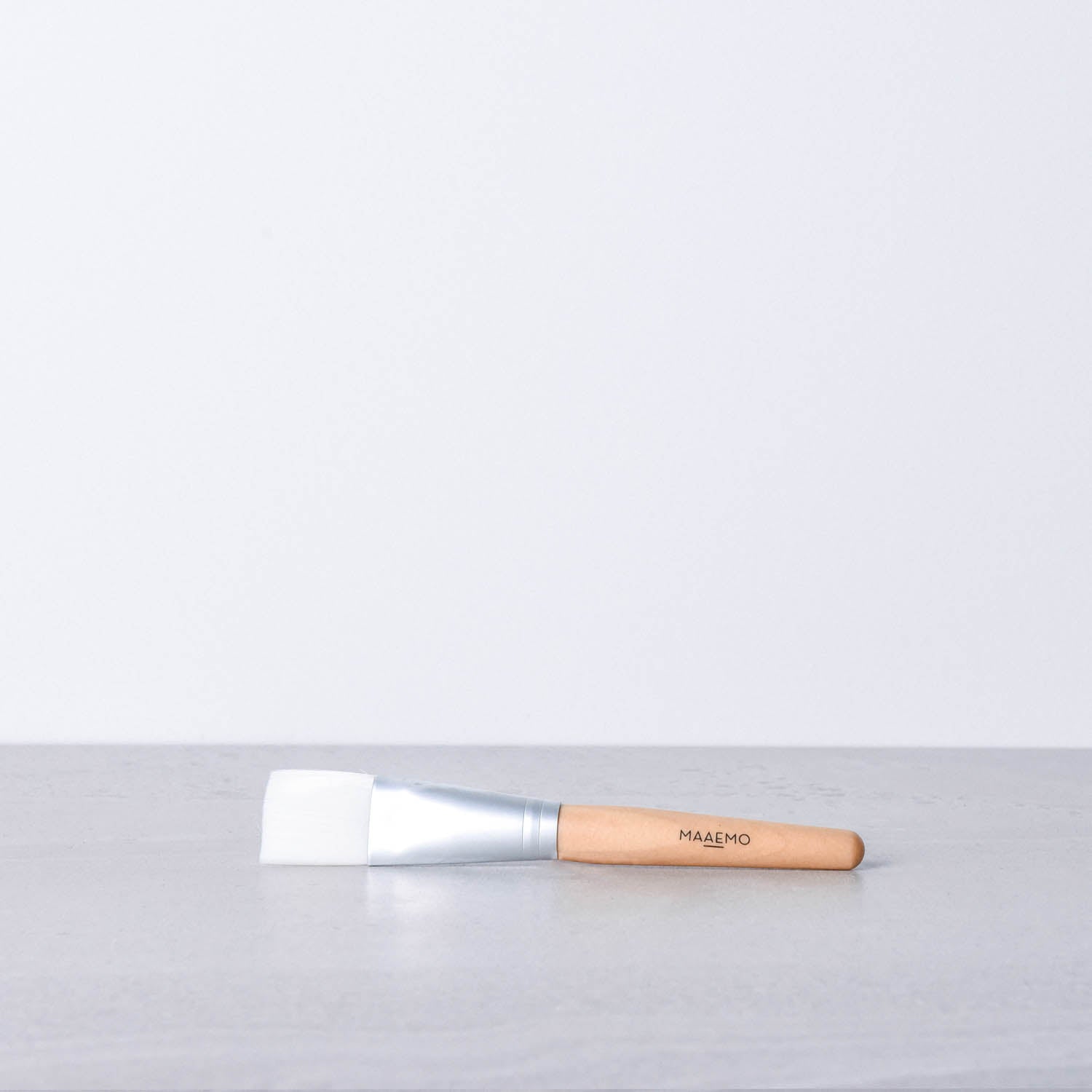We sat down with women's health specialist Katherine Hay to discuss transitioning off the contraceptive pill and how to best regulate our bodies natural hormones.
The oral contraceptive pill (OCP) is widely prescribed in Australia for a number of different reasons, apart from the obvious of what it was originally designed to do – prevent unwanted pregnancies.
The pill is commonly prescribed for skin issues such as acne, menorrhagia (heavy prolonged vaginal bleeding), dysmenorrhea (period pain and pelvic pain with menstruation), premenstrual syndrome (PMS), PCOS and endometriosis – just to name a few conditions.
Many women are seeking other alternatives to support their menstruation and there is a reason why holistic health care practitioners are passionate around educating women to transition off the pill to help reduce any post-pill signs and symptoms.
The pill naturally depletes key nutrient whilst being taken. These nutrients are:
- Vitamin C
- Zinc
- B2
- B6
- B9
- B12
- Magnesium
- Vitamin E
- Selenium
The pill can also lower Vitamin D and it interferes with the gut microbiome.
There are many factors to consider when deciding to cease the pill. Will my period return?, Will my acne return?, Will I suffer every month from period pain again? Will I be able to fall pregnant? Many warranted questions I hear daily in clinical practice.
On average it can take 3 months for a regular cycle to return post-pill. Receiving adequate care before transitioning off the pill is a fantastic start to support regular menstruation and ease any signs and symptoms that may occur once the transition has taken place.
Ideally, working with a practitioner to address these nutrient deficiencies through supplementation and dietary changes 3 months prior to transitioning off the pill is a wonderful start.
Exercise is very important for a number of reasons during a transition off the pill. A workout helps release those positive endorphins and can be great to support any mood changes and emotions when transitioning off the pill. Aim for 30mins of exercise per day. Sweat it out with a high intensity workout, or opt for something a little more zen such as yoga or Pilates.
Supporting the liver is a key area to address when the transition takes place and the pill has been ceased. This ensures the liver is detoxifying and clearing out any excess synthetic oestrogen and progesterone from taking the pill. Skipping that margarita might be just what your liver needs during this time. Nutrients such as Vitamin C, NAC and B group vitamins also support this process.
Stress. Our sex hormones are affected by stress whether we like to admit it or not. It’s very important during this time to relax and take it easy. In clinic I call it “do shit that makes you happy’, we need to practice this daily to help reduce the inflammatory response that high levels of cortisol (our stress hormone) does to our body. Cortisol steals from progesterone, which is naturally our anti-anxiety hormone. We do not want this happening, so take this as a sign to say no, don’t over commit and work on your mindfulness.
As it’s an individualized approach there may need to be further investigations using blood pathology to check for hormonal imbalances, thyroid complications, and blood sugar regulation issues. These tests would be done 3-6 months post pill and I always suggest working with a qualified clinical nutritionist or naturopath.
Written by Katherine Hay.









